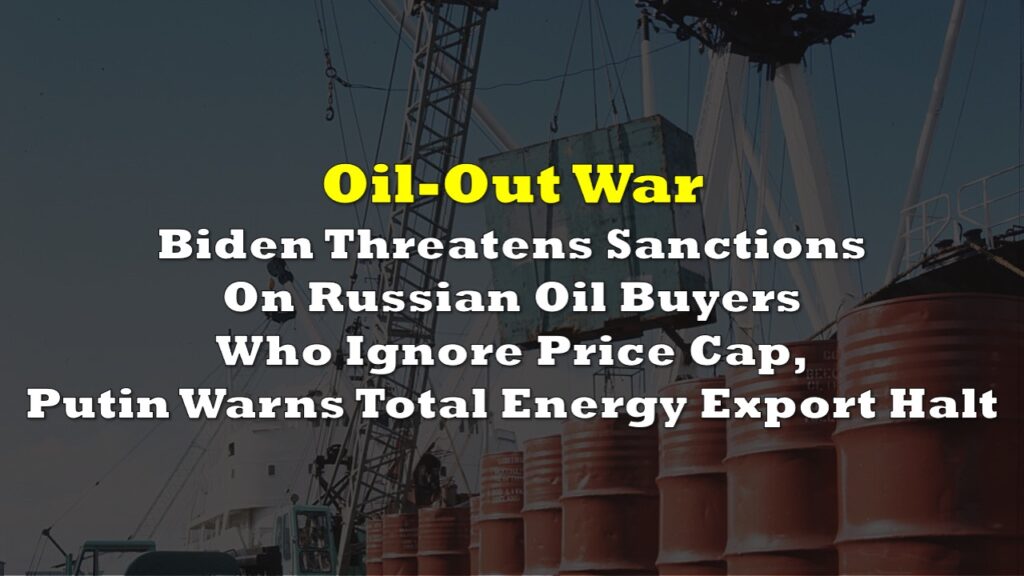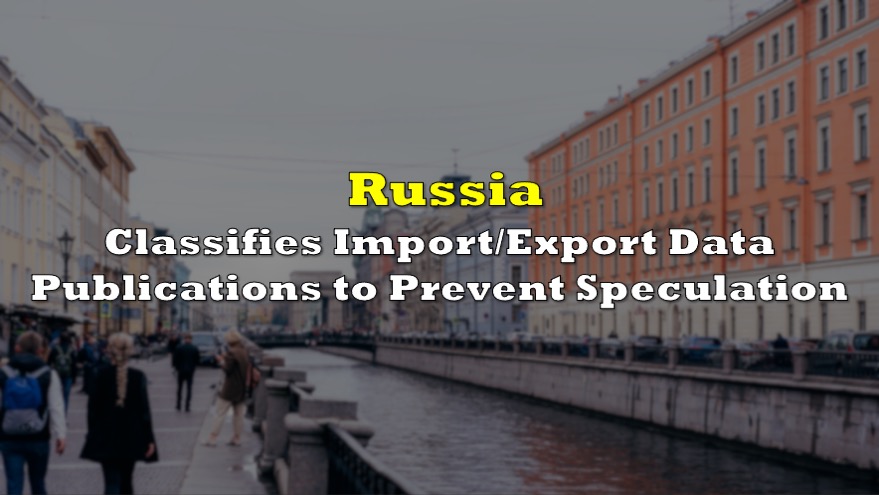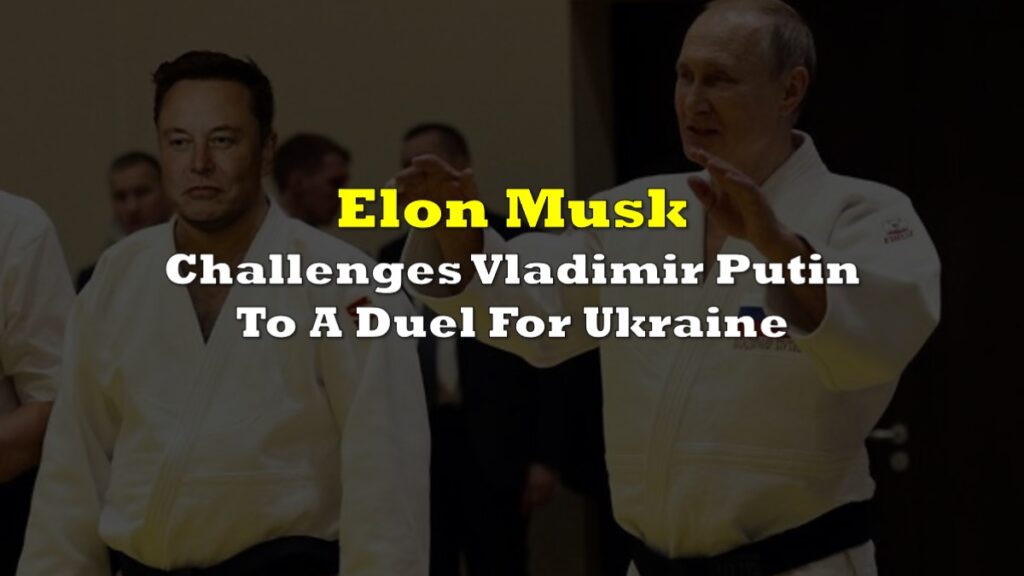The Russian economy is in the throes of a deepening crisis as its currency, the ruble, continues to plummet to record lows, prompting a series of emergency measures by the country’s central bank. With inflation rates remaining stubbornly high and sanctions biting deeper into the economy, Russia faces mounting challenges in stabilizing its financial markets and curbing runaway consumer prices.
The Bank of Russia announced this week it would suspend all foreign currency purchases for the remainder of the year and began selling Chinese yuan to bolster the beleaguered ruble. This intervention came as the ruble fell below 114 to the dollar, a level unseen since the early days of Russia’s invasion of Ukraine in February 2022.
“This decision is aimed at reducing volatility in financial markets,” the central bank said in a statement, acknowledging growing fears that the currency’s collapse could exacerbate inflation and erode living standards.
However, the measure might provide only temporary relief. Analysts like Evgeny Loktyukhov of Promsvyazbank caution that these steps are unlikely to trigger a significant rebound in the ruble, given persistent structural weaknesses in the Russian economy and the impact of sweeping Western sanctions.
Record Interest Rates and Sanctions
Official figures show Russia’s inflation rate peaked at over 9% in August and remains elevated, but experts warn the real figures could be significantly higher. Kirill Rogov, a Russian political scientist, points to analyses by Raiffeisen Bank and ROMIR suggesting that official data understate the extent of price increases. Essential goods like potatoes have doubled in price since late 2023, while other staples such as butter are now so costly that stores have resorted to locking them away to prevent theft.
Central bank governor Elvira Nabiullina described the situation as unprecedented, noting that Russia’s unemployment rate has hit an all-time low of 2.4%, and production facilities are operating at full capacity. Yet, this tight labor market has driven up wages and, in turn, consumer prices.
“Almost everything is getting more expensive: raw materials, components, logistics, equipment, labor,” Nabiullina told lawmakers.
In response to surging inflation, the Bank of Russia raised its key interest rate to 21% in October—the highest level since 2003. Despite this, the measures have fallen short of cooling inflationary pressures. Calls are growing among financial experts, such as those at RBK, to consider even steeper rate hikes, potentially as high as 30% or more.
Alexey Mordashov, chairman of steel producer Severstal, criticized the current policy, arguing that such high borrowing costs are already choking businesses without effectively addressing inflation. “This is a situation probably without precedent in modern world history, when the central bank rate is 2.5 times higher than inflation and it still doesn’t slow down,” he said.
Western sanctions remain a major driver of Russia’s economic instability. The latest U.S. measures targeted 50 additional Russian banks, including Gazprombank, a key player in facilitating natural gas exports to Europe. These sanctions have further reduced Russia’s access to U.S. dollars, complicating international trade and exacerbating foreign currency shortages.
The sanctions’ effects are rippling through the economy, deterring foreign investment and reducing access to critical imports. Russian exporters are also struggling with payment disruptions, which discourage them from repatriating foreign currency earnings—a dynamic that further weakens the ruble.
The economic crisis comes amid escalating tensions on the geopolitical front. Russia’s recent test of the “Oreshnik,” an experimental missile capable of carrying multiple nuclear warheads, has raised fears of a further escalation in the Ukraine conflict.
Meanwhile, the incoming Trump administration in the U.S. has signaled a potentially more aggressive stance on the war, with newly appointed envoy Keith Kellogg supporting Ukraine’s use of long-range missiles against Russian targets.
Information for this story was found via Fortune, Bloomberg, and the sources and companies mentioned. The author has no securities or affiliations related to the organizations discussed. Not a recommendation to buy or sell. Always do additional research and consult a professional before purchasing a security. The author holds no licenses.









